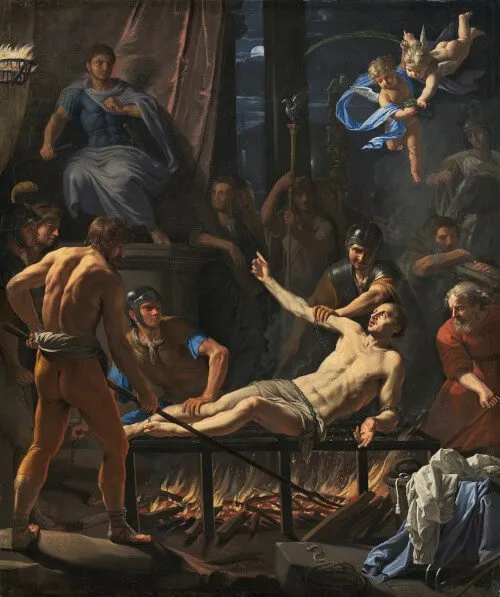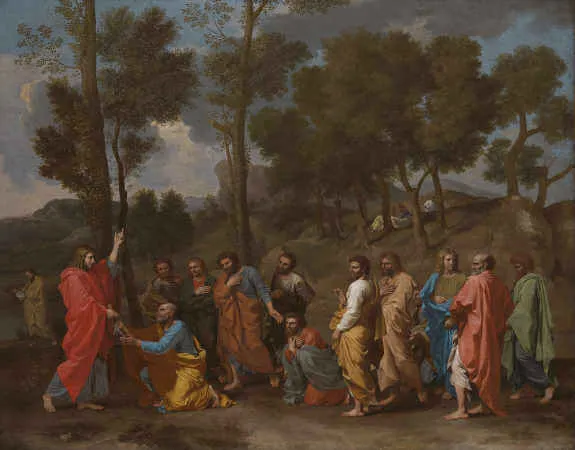The Loss of All and the Gain of More
Whoever loves his life loses it, and whoever hates his life in this world will preserve it for eternal life.
Reflection:
This is one of the many powerful and even shocking statements of Jesus. A similar statement by Jesus is found in all four of the Gospels. In this, John’s version, the words “love” and “hate” are used. By loving our lives we lose them, but by hating our lives we preserve them. At first read, one may think that those words “love” and “hate” were accidentally reversed. One might conclude that what Jesus meant to say was, “Whoever hates his life loses it” and “whoever loves his life preserves it.” But that’s not what He said. He did in fact say the opposite.
It must be understood that the words “love” and “hate” here are not used in the way we normally use them. In this passage, Jesus is using the word “love” to refer to selfishness or self-centeredness. And He uses the word “hate” to refer to selflessness or sacrificial self-giving. In other words, whoever is selfish in life will lose everything in the end but the one who is truly selfless and self-giving in life will ultimately gain everything.
This profound teaching of our Lord is difficult to comprehend without the gift of grace. Our human reason alone may struggle with the idea that selfless living is good. It is easy to rationally conclude that it is far better to elevate ourselves before everyone. The rational mind might conclude that happiness and the “good life” is found in obtaining riches, status, power and the respect of all. But this form of selfish self-centered living, though tempting on a purely human level, is actually the path to losing everything that is truly good. On the contrary, it is only when we allow God’s grace to inform our human reason that we will arrive at the conclusion that being selfless rather than selfish is what’s best. To be selfless means our eyes are always turned to the good of the other. It means we do not sit and dwell on ourselves. It means we are fully committed to the service of God and our neighbor no matter the cost to us. We must give everything away in the service and love of God and that is the only way by which God gives back to us more than we could ever hope for.
Saint Lawrence, whom we honor today, was a deacon and martyr in the third century. This great saint literally gave up everything, including his very life, so as to say “Yes” to God. As a deacon in the Cathedral Church in Rome, he was entrusted with the task of distributing alms to the indigent people in need. In August of the year 258, the Emperor issued an edict stating that all clergy were to be put to death. After the pope was killed, they came for Lawrence and, before killing him, asked him to turn over all the riches of the Church. He asked for three days to gather those treasures, and, during those three days, he distributed all he could to the poor. Then, on the third day, he presented himself before the prefect and brought with him not the material wealth of the Church but the true wealth. He brought the poor, crippled, blind and suffering and declared that the Church was truly rich and that the people with him were the Church’s true treasures. The prefect, in anger, sentenced Lawrence to death by fire, to which Lawrence freely submitted.
Reflect, today, upon the high Christian calling you have been given to live a life that is completely selfless and self-giving in every way. If you find that you dwell on yourself most often, then try to change that habit. Turn your eyes to God and the service of others. Try to care more about the needs of those around you than your own concerns. Do so because this is what Jesus calls us to do, and, if He calls us to such a selfless life, then we must know and believe that it is worth it in the end.
Source: https://catholic-daily-reflections.com/2024/08/09/the-loss-of-all-and-the-gain-of-more-3/








